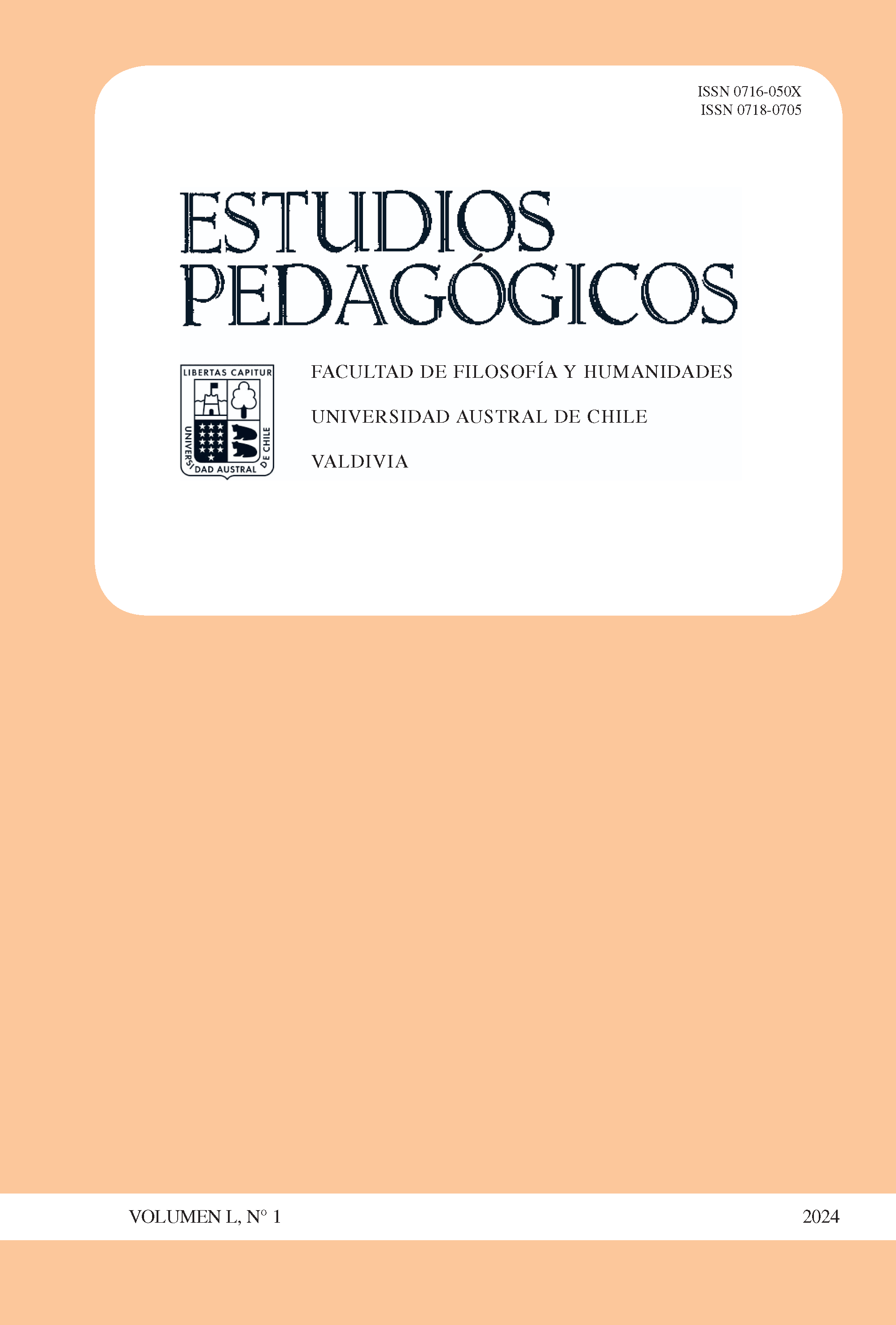Gap between integrative and inclusive practices developed by teachers for the academic adaptation of migrant students in the Border region
Main Article Content
Abstract
This research seeks to identify the gap between the integration and inclusion of migrant students, in a border region, based on a qualitative methodological design, with an ethnographic approach. Through semi-structured interviews, applied to a non-probabilistic intentional sample, of 15 teachers from basic establishments with a high percentage of migrant students, textual chains were identified from which a discourse analysis is carried out, concluding that the meanings that the teachers construct are framed in an integrating model, as there are no strategies aimed at strengthening the cognitive processes, motivation, socio-emotional containment and attitudinal development of migrant students, as a formalized practice, to meet their particular needs. This is due to the association of inclusion processes with the concept of “equality”, and not with the concept of “equity”, in addition to the homogenizing objective of the prevailing model in the school, based on principles of assimilation and subordination.

